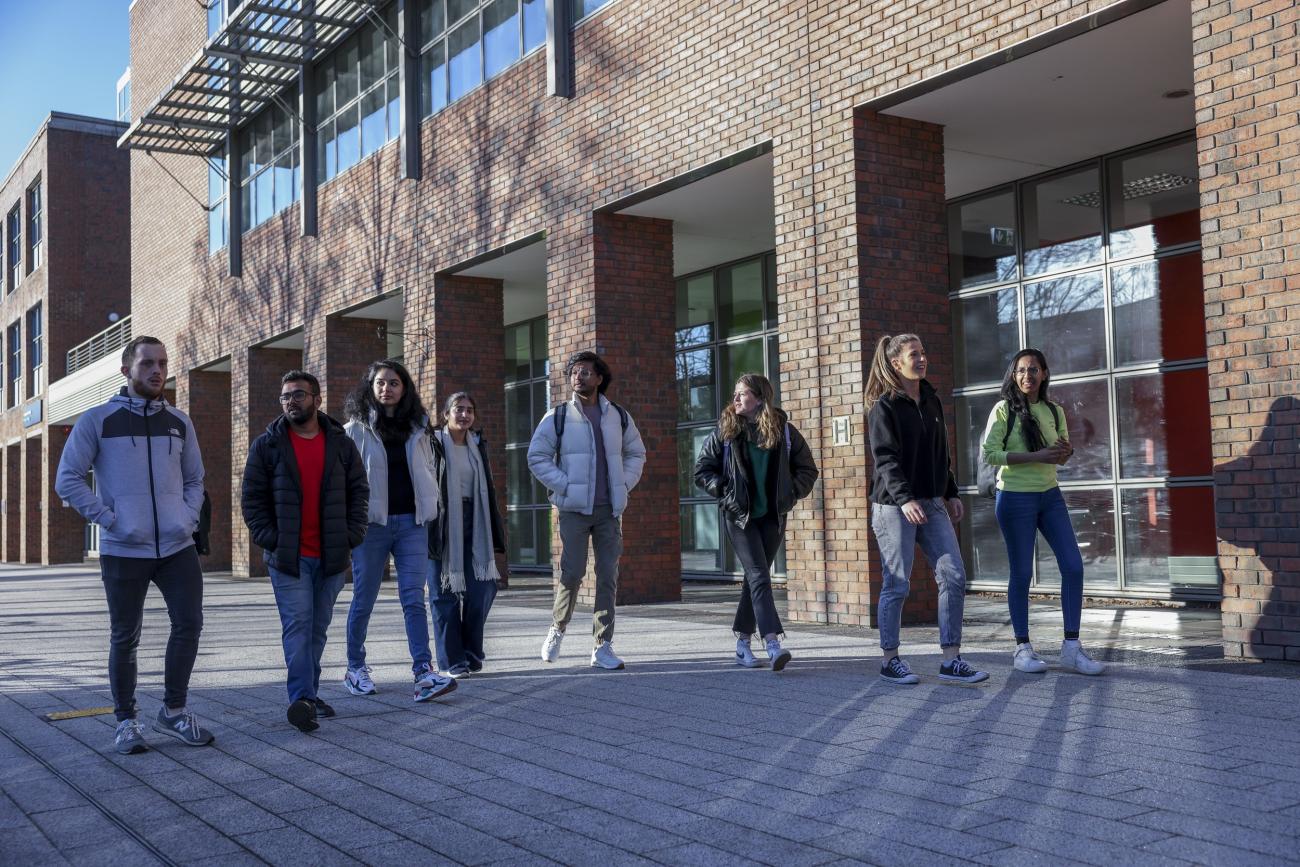
Postgraduate Engineering and Computing
This highly flexible course allows students to study part-time or full-time. We have two intakes per academic year, September and January. Full-time students beginning in September may complete the programme in 12 months. Full-time students beginning their studies in January may complete in 18 months.
About this course
The strong practical focus of the programme culminates in a project practicum, carried out over the summer months. Typically, students will develop a prototype software system in their Major area that targets a real-world problem. They may also analyse processes or techniques, and propose and evaluate alternatives. Most projects are individual but, exceptionally, may be carried out as part of a team.
This course allows students to study part-time or full-time. Full-time students beginning in September may complete the programme in 12 months. Students can complete this course in 2-4 years and can decide how many modules per semester and academic year they take. They can study on-campus or remotely but will be required to attend campus for examination purposes.
An alternative Master’s Qualifier and an Access Course entry path are available for EU-status students who do not meet the Masters programme direct entry requirements.

Standing as the only programme of its kind to currently exist on the island of Ireland, this exceptional offering not only grants students the freedom to engage in part-time, remote learning for unmatched flexibility but also presents a transformative gateway for those looking to embark on a new career journey.

This program offers students the freedom to engage in part-time, remote learning for unmatched flexibility but also presents a transformative gateway for those looking to embark on a new career journey.

Standing as the only programme of its kind to currently exist on the island of Ireland, this exceptional offering not only grants students the freedom to engage in part-time, remote learning for unmatched flexibility but also presents a transformative gateway for those looking to embark on a new career journey.

This flexible programme allows students to take specific postgraduate level modules to enhance their knowledge in Electronic and Computer Engineering. This allows them to progress in their careers or further pursue education opportunities. The Single Module programme has two intakes per academic year: September and January.

This highly flexible course allows students to study part-time or full-time. We have two intakes per academic year, September and January. Full-time students beginning in September or January may complete the programme in 12 months.

To facilitate both interdisciplinarity and specialisation, the MA will be divided into two streams: law and computing. Entrance on to either the law or computing stream will be dependent upon existing education. All students will complete 4 core modules which will offer a mix of law and computing and will be accessible to all admitted students.
Law Steam
Core Modules
